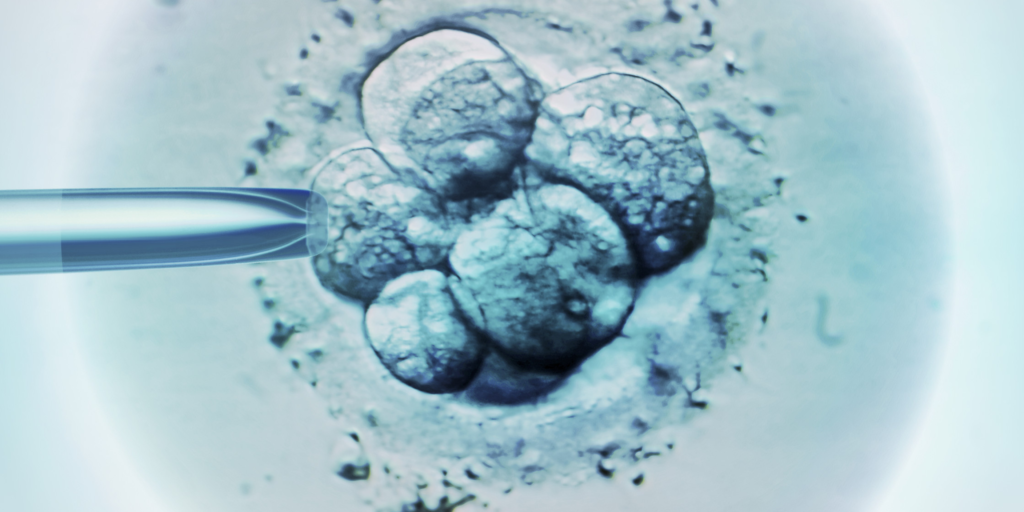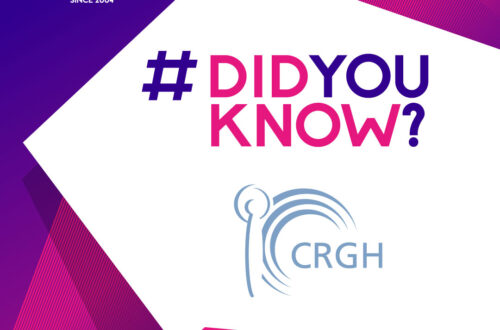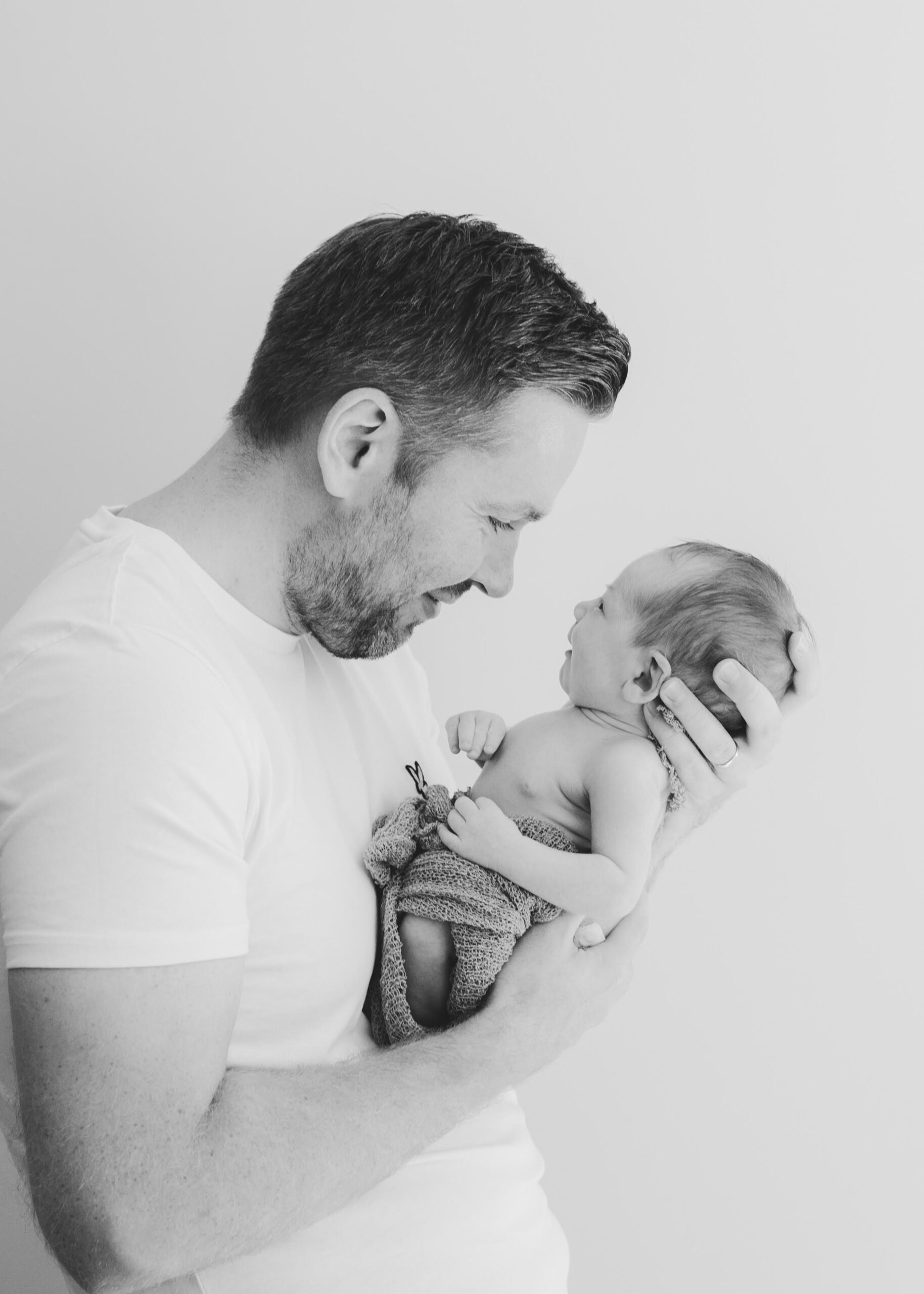
What is Embryo Grading? Manchester Fertility Explain For World Embryologist Day!
What is Embryo Grading? – World Embryologist Day
July 25th is a significant day for fertility clinics worldwide. It is the anniversary of the birth of the world’s first IVF baby, Louise Joy Brown – and it’s also World Embryologist Day – a time to celebrate the vital role embryologists play in helping intended parents across the globe create their families.
For many intended parents, the creation and implantation of their embryos can be one of the most exciting albeit nerve-wracking aspects of the surrogacy process. At Manchester Fertility, as My Surrogacy Journey’s Centre of Excellence for the Northwest and Midlands, we understand how vital it is that intended parents are directly involved in this stage of treatment.
Our expert embryology team will be on hand at every step of your surrogacy journey to talk to you about your embryos. This will include selecting only the best-quality embryo for your transfer. But how does our team establish which of your embryos has the highest chance of resulting in a successful pregnancy?
This World Embryologists Day, we caught up with our team to discuss embryo grading. This is the process in which they use a combination of their knowledge, practical experience and artificial intelligence software to rank embryos and decide which has the best chance of implantation.
Embryo Grading at Manchester Fertility
In this new age of technology, there’s no substitute for practical experience and expert knowledge and our highly skilled embryologists have vast experience in grading and selecting embryos to help you achieve successful treatment.
As an industry-leading fertility clinic and My Surrogacy Journey’s Centre of Excellence for the Northwest and Midlands, we want to ensure any intended parent that trusts us with their care has absolute clarity throughout their treatment.
That’s why a member of our laboratory team will always personally discuss your embryos with you before a decision is made on which is most suitable for treatment. They’ll explain to you in detail the grading system, how they came to their decision and what impact this may have on your surrogacy treatment.

How Do You Grade Embryos?
Morphological Grading
Embryo grading helps determine which of your embryos is most suitable for transfer. Our team will monitor your embryos from insemination until they’re ready for transfer, but the most critical days are Day-3 and Day-5, as the condition of your embryos on these days best indicates when it is the ideal time for your transfer.
Although the system may vary from clinic to clinic, typically, your embryos will be graded with a unique code consisting of numbers and letters. The code will be three digits long and will indicate the following:
- The degree of the expansion of the embryo’s cavity – The width of the cavity inside your embryo.
- The inner cell mass quality – The cluster of cells on the interior of a blastocyst that develops into the foetus.
- The trophectoderm quality – The trophectoderm are the cells that surround the outside of the blastocyst. They play a role in implantation and eventually become the placenta.
We refer to this process as a morphological assessment. Grading on morphology establishes which of your embryos has better morphological traits and helps to select the embryo with the highest chances of successful implantation based on these traits.
Our embryologists will first assign their rankings to your embryos using a grading system; they will then cross reference their initial grading against timelapse video footage captured by a state-of-the-art incubator called an EmbryoScope.

EmbryoScope & iDAScore
The EmbryoScope not only mimics the physiological conditions in a woman’s body as closely as possible to provide an optimal environment for the embryo [similarly to a traditional incubator]. It also allows us to monitor an embryo throughout the stages of cell division through the use of time-lapse imaging.
The EmbryoScope incubators have high-resolution cameras that take images at regular intervals as the embryo grows, creating a time-lapse video. This allows our team to observe when and how cell division occurs and assess the progression of embryo development. The time-lapse video footage can be fast-forwarded, rewound, and even zoomed in and out for closer inspection without the embryologist removing the embryo from the incubator. This footage is then analysed using an AI software called iDAScore.
iDAScore is an AI software that automatically assigns a rank to the embryos based on analysis of the time-lapse footage from the EmbryoScope videos. The iDAScore software was developed by analysing embryo quality on hundreds of thousands of embryos. iDAScore considers the entire embryo’s developmental history and determines the quality of your embryo based on the AI’s opinion. Based on that data, it then produces a rank for your embryos and decides which has the best chance of implantation.
Does Embryo Grading Impact Success Rates?
At Manchester Fertility, we aim to help all intended parents achieve the highest chances of successful surrogacy treatment. It’s essential to remember that embryo grades only indicate the potential to implant and not the final outcome of a pregnancy.
Surrogacy allows those who otherwise could not carry a pregnancy, such as same-sex male couples, many queer or transgender people, and those who may have experienced recurrent pregnancy loss or failed IVF cycles, to start their families. To find out more about our surrogacy service, including treatments and technology, you can contact our dedicated surrogacy coordinator, Olivia on 0161 300 2730, and provide extension number 2738.




